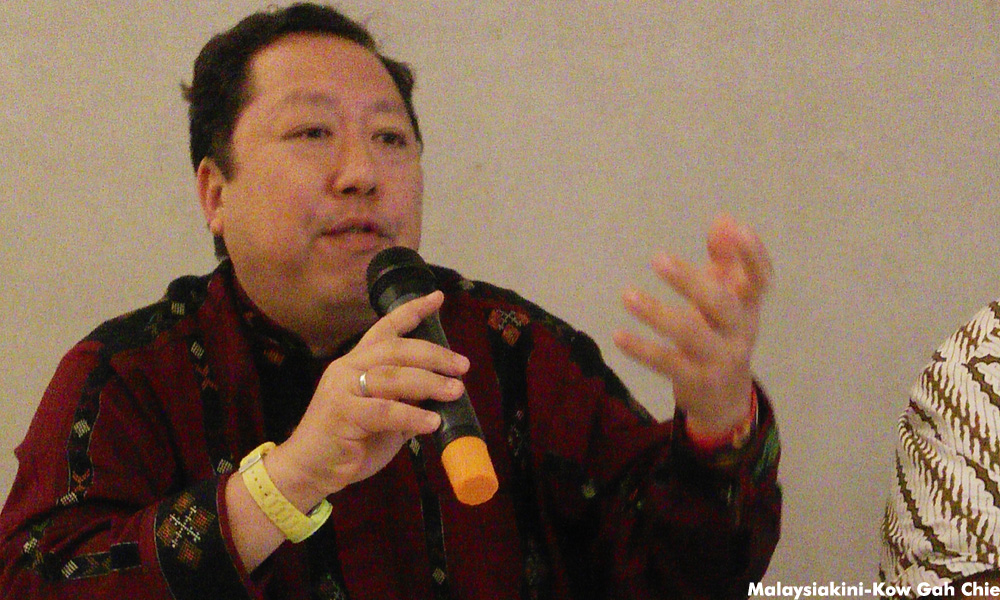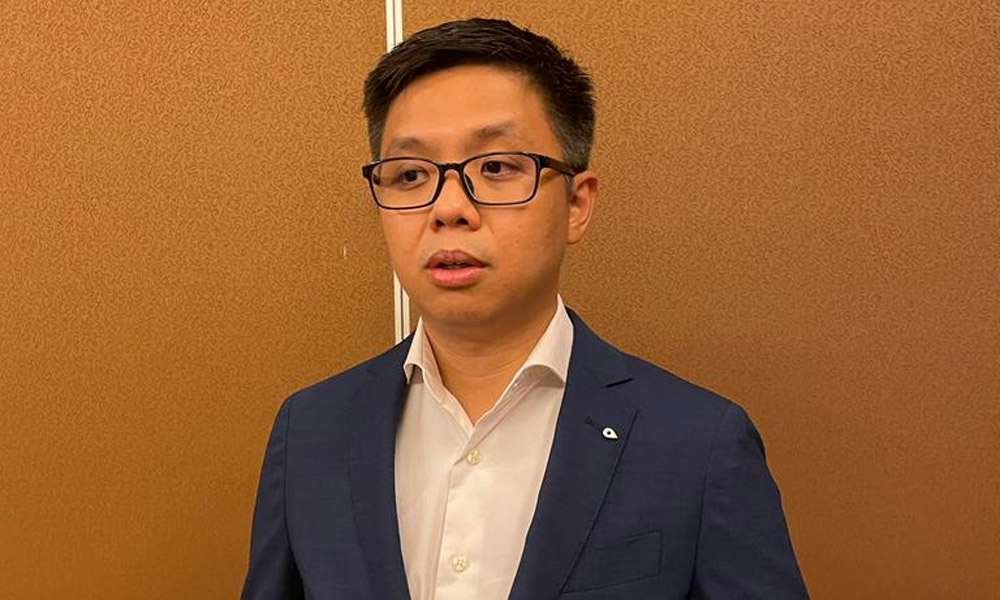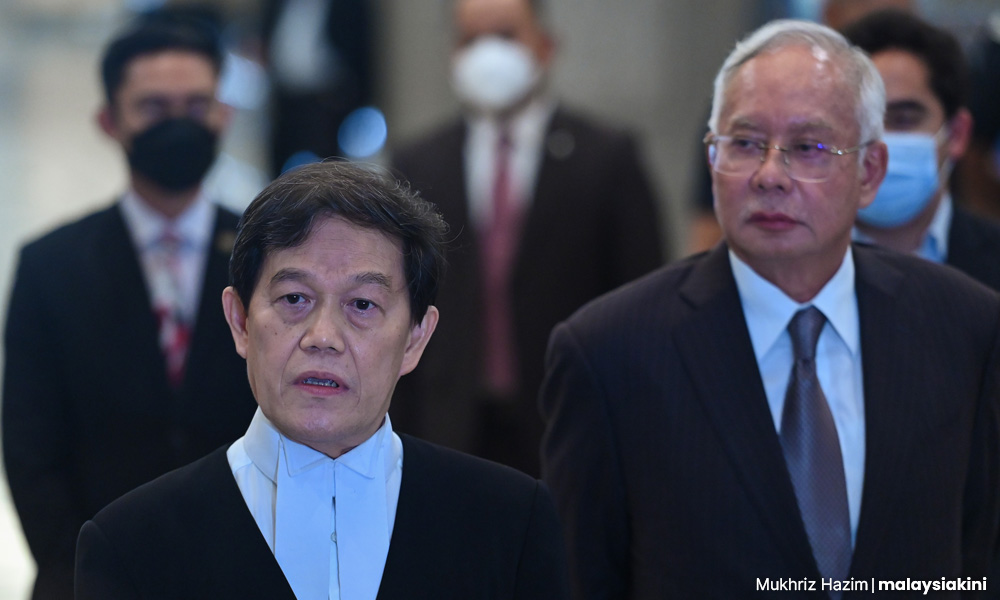Lawyers have duties and responsibilities to the court and cannot simply come and go as they please, according to those in the legal profession.
This came after former prime minister Najib Abdul Razak’s recently discharged lawyer Zaid Ibrahim expressed astonishment in learning that lawyers in criminal cases must get permission from the courts to discharge themselves.
“I believe it is a startling new legal proposition,” said the former law minister yesterday.
However, lawyer Andrew Khoo said it is the court’s discretion whether to grant an extension, and lawyers can’t assume they will be given extra time to prepare their submissions.
“The real startling revelation is that Zaid (above, right) appears not to realise that advocates and solicitors are first and foremost officers of the court. We are not free agents – we do not come and go as we please without a ‘by your leave’ of the court.
“As officers of the court, we have duties and responsibilities to the court. As advocates and solicitors, we have duties and responsibilities to the legal profession,” he told Malaysiakini yesterday.

The Bar Council constitutional law committee co-chairperson said the court may grant an extension if there is merit to the application, but this does not happen automatically and the court has to consider the law and the administration of justice.
“It does not do so simply because the advocate/solicitor is very senior or the client/accused is very famous. And not being granted a postponement or an extension of time is certainly not good grounds to either be discharged or to seek to discharge ourselves.
“These are the rules that ordinary members of the legal profession have to live with and abide by each and every day in the courts up and down the length and breadth of our country.
“I am surprised he (Zaid) does not know that,” Khoo added.

Meanwhile, lawyer New Sin Yew said while the rules are silent on how lawyers may discharge themselves from a criminal case, the court does have an overarching control over such matters.
He echoed Khoo in saying that lawyers have an “overriding duty” to serve as officers of the court.
“In civil cases, the court can disallow (lawyer from discharging) because the administration of justice is of paramount importance.
“And since the (upper courts) can exercise both civil and criminal jurisdiction, there is no reason why criminal cases should be any different from civil in that courts can disallow an advocate and solicitor from discharging.
“For example, if a lawyer wants to discharge for some frivolous reason, the court can say no,” New added.
Abuse of court process
Yesterday, Najib discharged the lawyers representing him in the SRC International trial for the second time in less than a month.
This came after the Federal Court rejected his bid to introduce new evidence that would purportedly show that the trial judge had a conflict of interest and his bid to postpone the hearing for several months to prepare for the proceedings.

Najib’s lawyer Hisyam Teh Poh Teik sought to discharge himself after these setbacks, but the Federal Court denied him permission to do so.
Chief Justice Tengku Maimun Tuan Mat said the court has discretion whether to allow or deny such applications depending on the power of the counsel to effectively conduct a case and to protect the right of the accused.
“Where a lawyer’s discharge threatens the right of the accused, the apex court may deny this (discharge application).
“We deny the application to discharge,” she ruled.
Malaysian Bar president Karen Cheah has criticised the lawyers’ conduct as an abuse of the judicial process and said they should face disciplinary action.
In particular, she said the rules of lawyers’ conduct stipulate that lawyers should not accept any case unless they are reasonably certain of being able to represent the client on the dates fixed by the court and to make every effort to be ready for the trial on that date. - Mkini




No comments:
Post a Comment
Note: Only a member of this blog may post a comment.